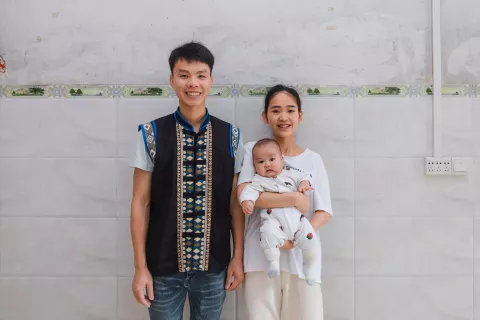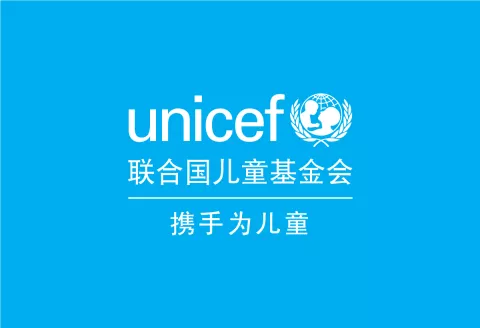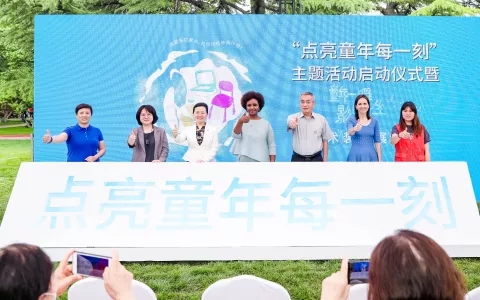In-depth: A renewed effort on street children
- Available in:
- 中文
- English
BEIJING, 2 September, 2011 – The Government of China has articulated new measures to step up aid for street children, a move that experts see as a chance to improve the country's efforts to protect children at risk.
An inter-ministerial joint session, coordinated by the Ministry of Civil Affairs (MCA) will be established to coordinate efforts to strengthen assistance and protection for street children, according to the new policy issued by the State Council on 15 August.
Government officials are to be held accountable if they do not prioritize efforts to meet the needs of children without parental care. The new measures call for increased efforts to crack down on crimes involving children while providing more pro-active assistance to homeless children.
The move shows a renewed commitment to address the issue. Earlier in February, Premier Wen Jiabao pledged to reinforce rescue efforts in response to an on-line chat question over a civilian campaign to rescue child beggars.
The campaign called for citizens to report and post photos of child beggars at Sina Weibo - China's twitter equivalent - and drew tens of thousands of participants as well as extensive media attention.
As a result of the social media campaign, the situation of children on the street, children involved in begging, selling flowers as well as children in conflict with the law became more visible.
As estimated by the Ministry of Civil Affairs, in 2008 there were around one to 1.5 million children without parental care, mostly migrating from rural areas to the urban streets. This figure, however, doesn't include children who work on the street with their migrant parents, in difficult circumstances - collecting rubbish, selling flowers or begging.
Children who live on the street are more vulnerable to all forms of abuse including physical, emotional and sexual abuse. They are also at greater risk of being trafficked for exploitative forms of child labour, or to be manipulated by criminal networks. Some children on the street are deliberately disfigured and forced to beg by their exploiters.
These children's rights to education, health and social support are often unmet. The harmful experiences they are exposed to can undermine their opportunities to develop their full potential in life.
Government efforts to address the needs of children without parental care include the National Law on the Protection for Minors revised in 2007, the first National Plan of Action on Combating Human Trafficking in Women and Children, as well as the newly issued National Plan of Action on Children (2011-2020).
China now has more than 1,400 relief centres for street children and plans to build more in the next five years to expand shelter and vital services. The State Council's circular also said those centres can appeal to the court to remove parents or other care givers of their guardianship if they fail to fulfil their responsibilities.
"UNICEF will support MCA to provide training to around 200 civil affairs officials and managers of street children protection centres to support the policy implementation." Wang Daming, UNICEF China Child Protection Specialist said.
Since 2002, UNICEF supported the Ministry of Civil Affairs to develop community services for street children. An effective model for protecting street children was developed ("Zhengzhou Model") which included outreach programmes, a drop-in-centre, street kiosks, street children protection centre, referral services, foster care, community-based residential care, and vocational training. This model has been successfully replicated in 15 cities across China.
UNICEF will continue to support MCA to extend the services provided by these shelters to all vulnerable children in need of temporary assistance.
Addressing the root of the problem
Re-uniting children with their families is not always the only solution. In a number of cases children are soon found back on the street.
Children suffering from domestic violence, those whose parents are divorced or serving jail terms, children living in poverty and those without care givers are more likely to leave their homes for many reasons and return onto the streets.
"We need to look into each child's specific needs and address the issues that send them to the streets." Huang Jinxia, UNICEF China programme officer. Prevention and reintegration should be given greater priority to curb the issue, she added.
This requires a designated government agency at both national and local level which can leverage cross-sector efforts to provide families with support and services including parenting skills, financial aid, home visits and reporting. The agency should also follow up with repatriated children to ensure their rights to education, health, and protection.
Working with the All-China Women's Federation and the Legislative Affairs Commission of the National People's Congress, UNICEF is supporting the legislative preparation and consultations of what could be China's first anti-family violence law.
Since 2010, UNICEF has been cooperating with MCA to pilot a child welfare model project in 120 villages. Under the new scheme child welfare directors and child welfare centres are being established in local communities to help monitor the situation of vulnerable children and provide assistance. Experiences and lessons are being documented to serve as reference for the development of child welfare policies.
Media contacts
About UNICEF
UNICEF works in some of the world's toughest places, to reach the world's most disadvantaged children. Across 190 countries and territories, we work for every child, everywhere, to build a better world for everyone. For more information about UNICEF and its work for children visit www.unicef.org.
| Visit UNICEF China website: www.unicef.cn Follow us on Sina Weibo: http://weibo.com/unicefchina Tencent Weibo: http://t.qq.com/unicef Wechat: unicefchina |




